Recently ai generated books have become a hot topic on the internet. Imagine you are reading a good book and discover that it was never written by a human. Isn’t that fantastic? This is no longer a concept. Now artificial intelligence writing stories. From novels or works of nonfiction to self-help manuals, Ai is now able to cover whole volumes within hours. It is effective, innovative and perhaps a little worrying. So should we be worried about it? Or is it just another interesting tool that’s changing things? Let’s take a look at The Rise of Ai generated Books and see whether we should be worried or not.

What Are Ai Generated Books?
Ai Generated Books are precisely what they sound like. Books made by artificial intelligence. And also this is not where random words are put together. AI systems, like OpenAI’s GPT models are trained on human invention, speech and form. So what do you think their output is? AI is capable of writing novels, poems, essays and technical documentation. Not only that, but it can accomplish such a task in less than half the time human labor would take.
For example, let’s say you’re trying to write a romance story. You might begin with something like “a love story set in Paris between an artist and a French chef.” And based on that idea already a full story would result. You’re like the demon electrified in a fractured lightning scriptwriter who works all night and never runs out of ideas. Isn’t that cool as hell? Yet also, it is a little out of the ordinary.
Why Are Ai Generated Books Becoming Popular?
To be honest, there’s plenty to love about Ai generated books, or at least if you are a publisher or an independent book writer. For publishers, this is the holy grail. AI can produce content quickly, cheaply, and without needing human involvement. Need a new book series? Simply feed the AI a few prompts and you have a trilogy on your hands.
AI tools can be very helpful to independent authors. Are you struggling with writer’s block? Let the AI draft some of the chapters for you. Want help with improving your prose? AI can also accomplish that. It is as though you have a personal assistant at your aid.
AI-generated books can fill niche markets that other publishers leave behind. Do you want a science fiction book about cats who travel through time? It is the sort of thing that artificial intelligence can write. One of the reasons this is so exciting is there are no limits on what the options are. And that’s why Ai generated books becoming popular day by day.
The Cool Stuff About Ai Generated Books
1. Making Writing Accessible
The reality is, that not everyone has the time, the resources, or the courage to write a book. Writing can be intimidating even if you are a professional author. But how about AI? It leveled the playing field. The right tools mean anyone can create something. You don’t need to be a literary master or work for years on your craft. AI might help you put your ideas, be they for a short story a novel, or even a handbook, out there. It’s as if you have a co-writer who is always ready to help you cast about or plug holes in your work.
How many wonderful story ideas go unwritten because the writer doesn’t know where to start? It can start with AI. This is not replacing creativity, but democratizing it.
2. Speed As You’ve Never Seen
Writing a book takes time, months, maybe years. But how about Ai generated books? It can write a draft in a matter of hours. That is absurd, right? In the publishing world, where there is always a need for new content, this speed is transformative. But it’s not just a book churn. It is about matching demand. And AI can generate interesting copy, niche fiction and even tailored stories quicker than any human could manage.
It is not something that should be just about speed and publishers do care about other attributes. Picture that you are an indie author trying to build a series. Instead of spending decades producing one book after another, you might crank out books with the help of AI faster. It’s kind of like giving a little boost to your creativity.
3. Creativity Without Limits
Here is where things are getting somewhat intriguing. AI does not think like a human. It does not have the same bias, experiences, or restrictions as one. And that is a good thing. This demonstrates AI’s ability to produce entirely original ideas. Example: A fantasy novel that mixes ancient myths with new technologies and supernatural civilizations. Example: A mystery story where the solutions lie in characters’ dreams. AI can take abstract ideas like that and bring them down to earth.
This is not replacing human creativity but adding to it. AI may well extend the limits of imagination in a way humans have never before achieved. And frankly? That’s very exciting.
Ai Generated Books: Should We Be Worried?
Now, let’s go into the more concerning parts. AI-generated books aren’t ideal, and we need to address certain legitimate concerns.
1. What Happens to Writers?
This is the question that matters most, no? What if AI can write novels faster and cheaper than humans? Will publishers stop hiring them? Will you write just for a passion, not a living? It’s a terrifying idea, especially for people who have dedicated their lives to improving their craft.
But here’s the catch: The human touch cannot be replaced by AI. Yes, technology can simulate creativity, but it has no feelings, no experiences, and no personal point of view. Think of your favorite novel. It was likely that you related to it because it felt real. It came from a place of vulnerability, passion, and personal experience. AI can’t imitate that at least at this stage.
So, while AI may change the way we write, it won’t render human writers obsolete. At least, that’s what I’m wishing.
2. Quality vs. Quantity
To be fair: AI-generated books aren’t all amazing. Sure, they can be formulaic, but they often lack dimension. The characters can feel two-dimensional, the dialogue may register as stilted, and the entire narrative may seem bloodless. You know that sensation when you’re reading something and it just doesn’t register? That is what happens when a book doesn’t have that personal touch.
Readers can tell. They may not know precisely what is wrong, but they will sense it. And this is a significant problem for AI-generated content. If the quality is low, then people will walk out.
3. Too Much of a Good Thing?
Another issue: if AI can write books at rapid speed, what’s keeping the market from becoming flooded with mediocre content? Imagine navigating through an online bookstore and seeing hundreds of AI-generated titles screaming for your attention. It’s stressful, right? And it may make it more difficult for truly brilliant human authors to stand out.
It’s like surfing through Netflix and seeing so many options that you don’t watch anything. Too many choices can be harmful, especially if the majority of them are of poor quality.
What Does the Future Look Like?
So, where are we going from here? The rise of AI-generated books is unavoidable, but it does not need to be a terrible thing. Here’s what I believe:
Collaboration Is the Way Forward
Instead of fearing AI, writers can learn how to work together with it. Consider AI as a tool, not an alternative. Use it to generate ideas, write chapters, or edit your work. At the end of the day, the human touch is what makes a story unique, and AI cannot take it away.
Readers Will Shape the Market
Ultimately, readers will decide the future of AI-generated books. If people prefer human-written fiction, publishers will continue to hire authors. If AI-generated novels gain popularity, writers will be pushed to innovate and find new methods to connect with their audiences. However, the market will adapt.
We Need Transparency
As AI advances, we may need guidelines to protect its ethical usage. For example, requiring identification of whether that Ai generated books or written by a human. This could help readers make more informed decisions and protect authors from unfair competition.
Final Thoughts
The rise of Ai generated books is astounding but also scary. Beyond that, technology opens up new avenues for creativity and storytelling. It also raises major questions of quality, ethics and the future of human writing.
Should we be worried? Maybe a little. Rather than panic, let’s think about how to adjust. AI is never going to disappear, so the best we can do is learn to work with it. But at the end of the day, stories are about connection — which AI can’t replace. A conversation worth having, especially as a writer or a reader. The world of books is changing, and it is up to us to determine which way.

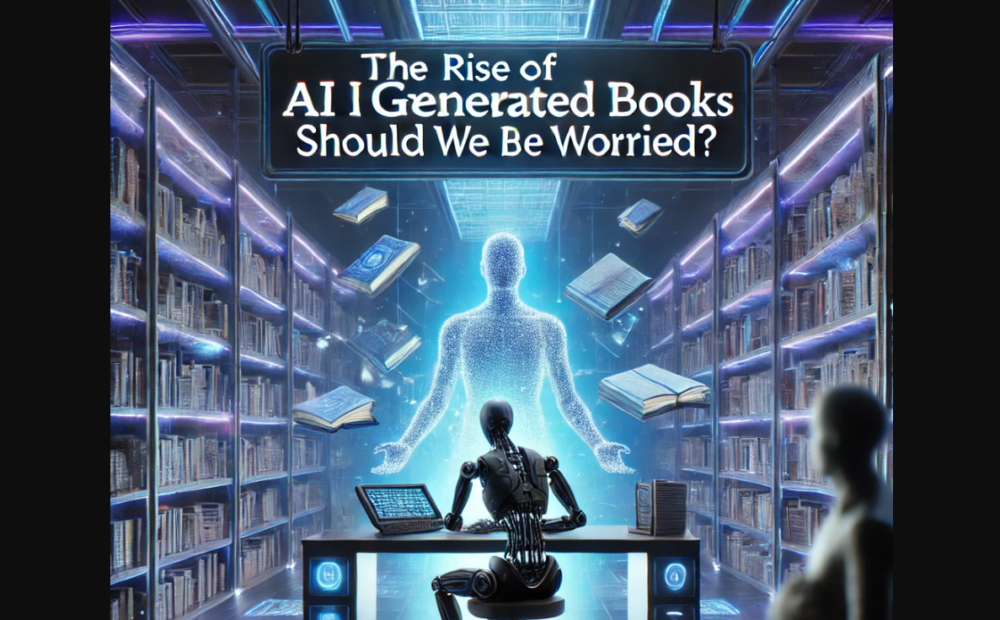
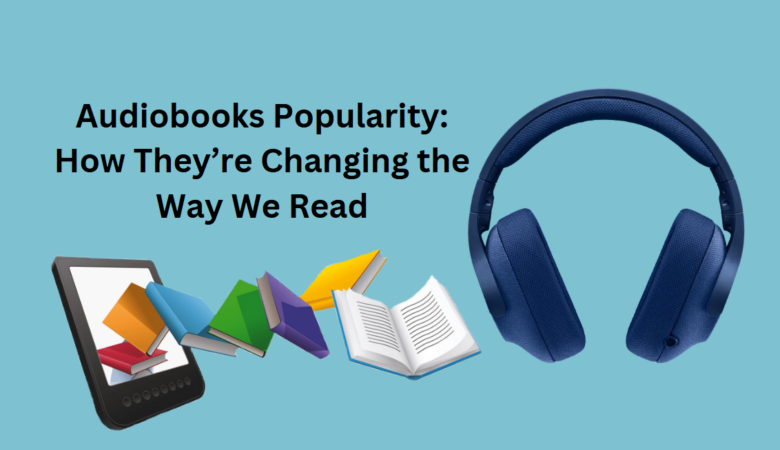
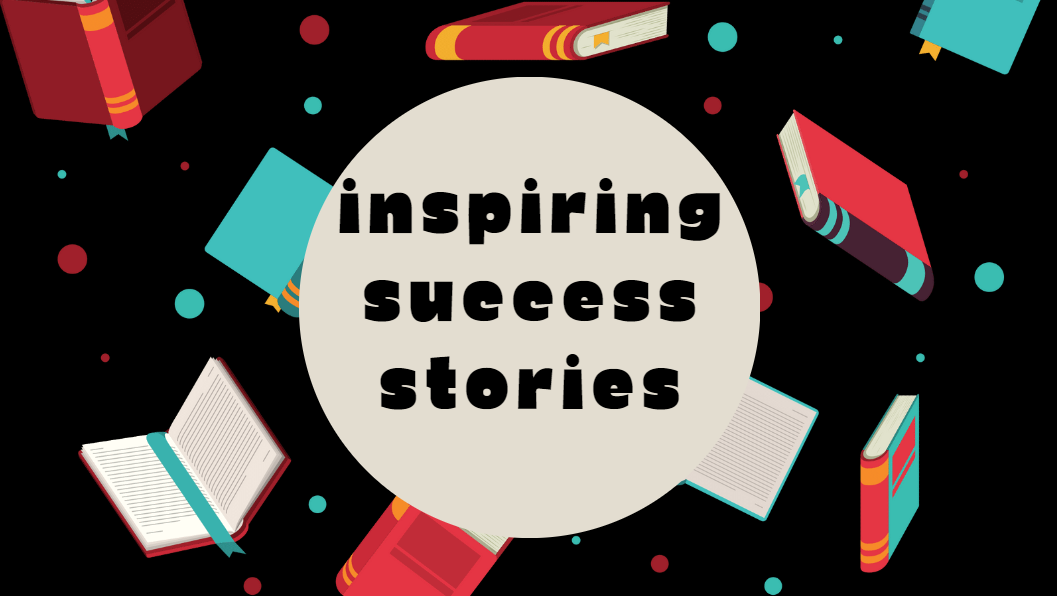
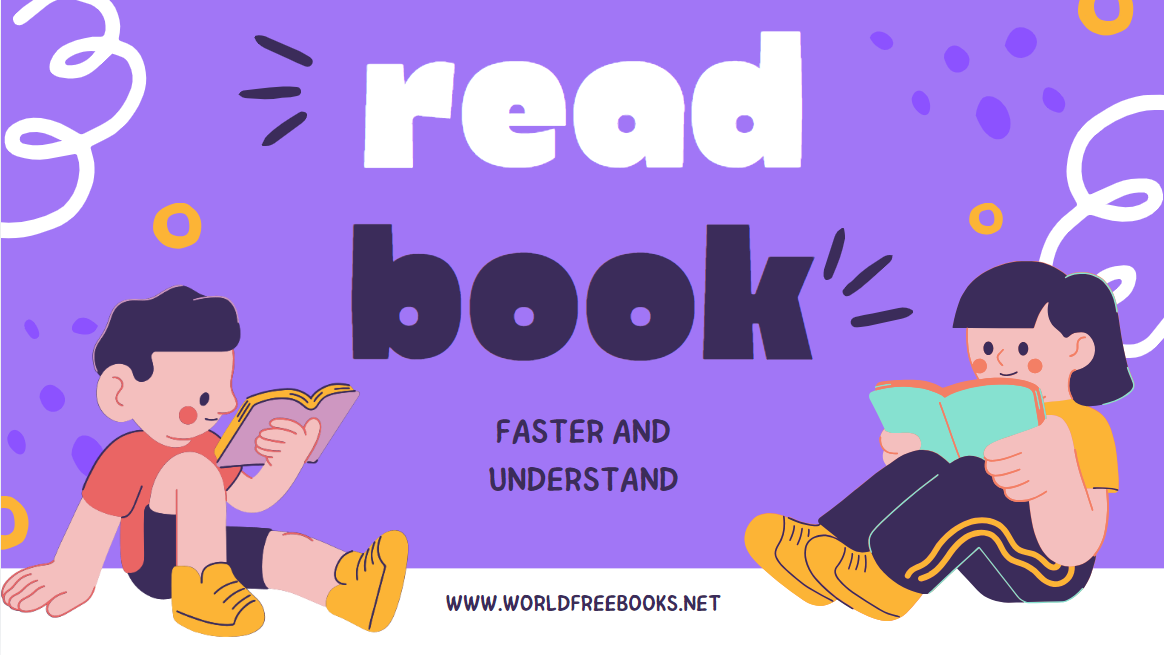


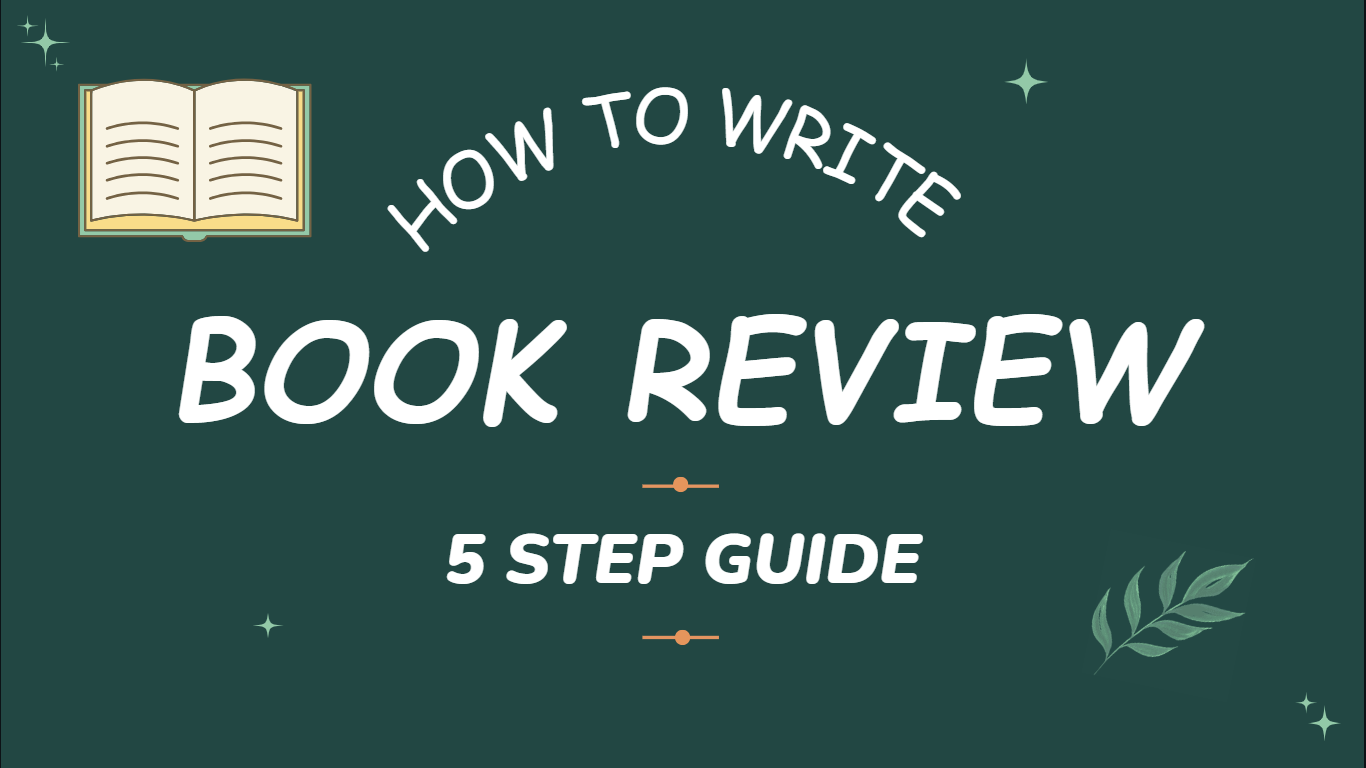
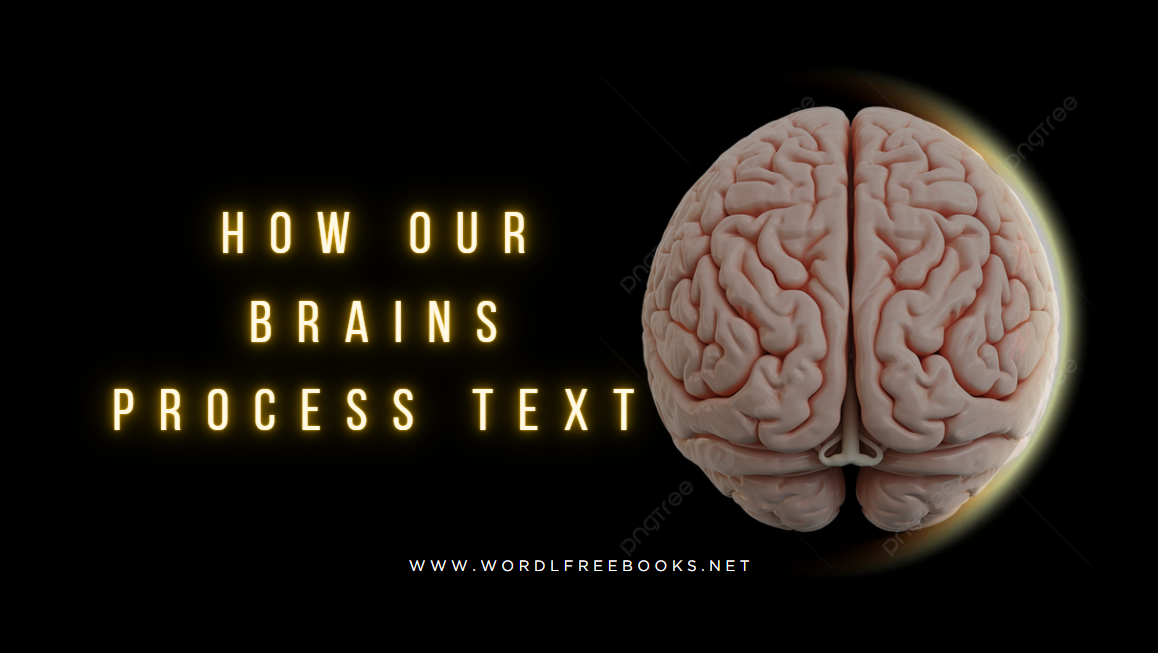
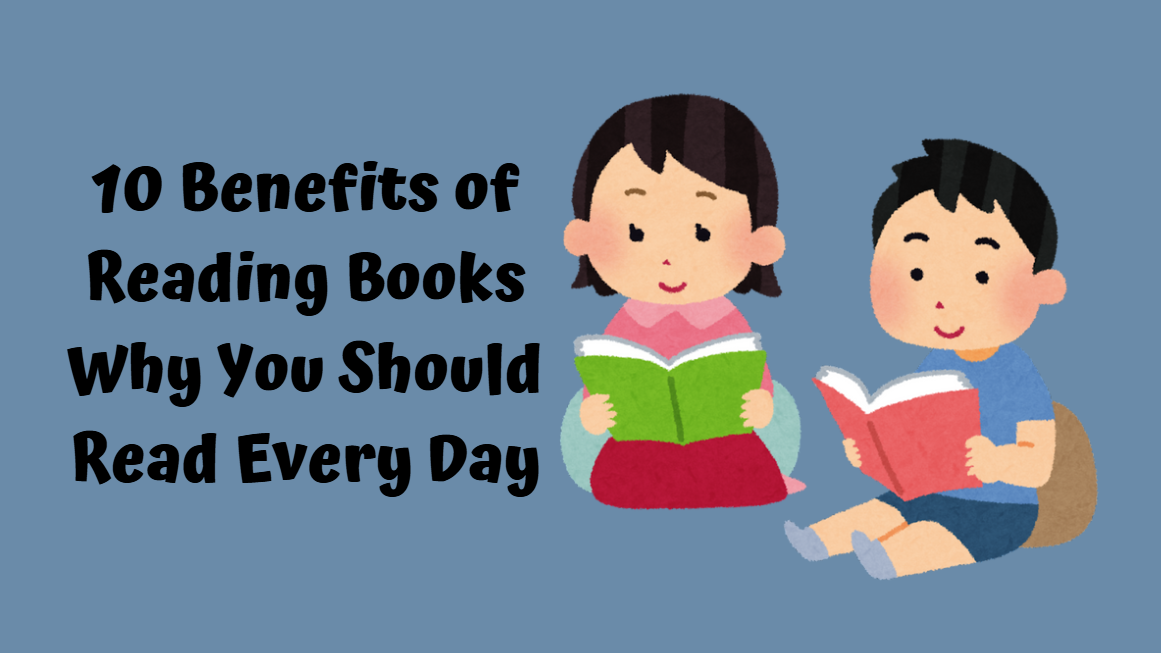

Leave a Reply